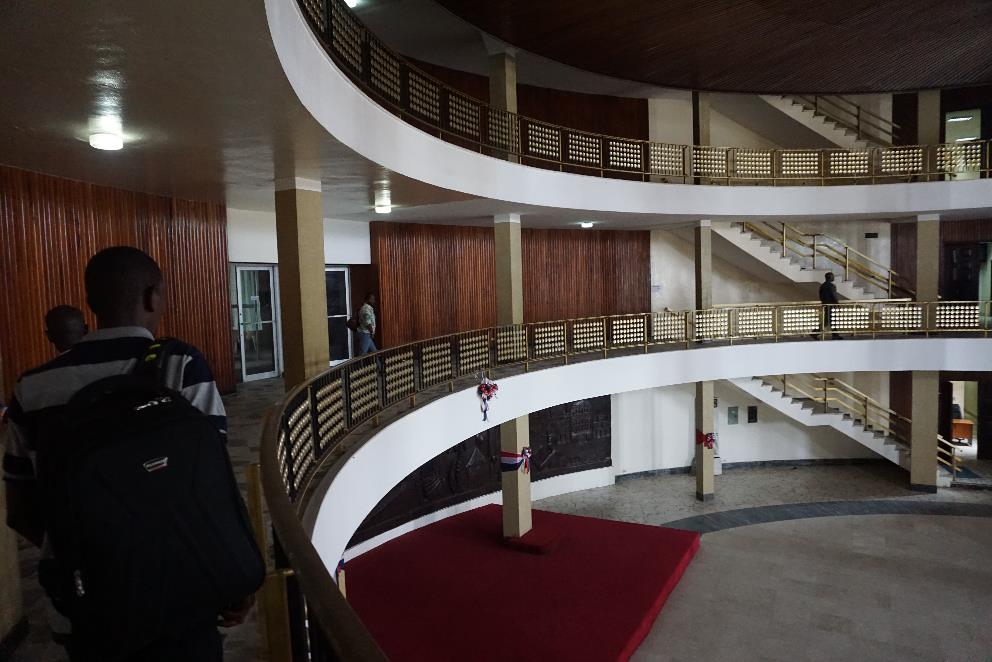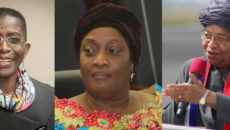There has been a lot of buzz about Liberia’s so-called Affirmative Action bill. Organizations like UN Women have been touting the bill as “a step in the right direction towards guaranteeing the participation of women.â€
And why not? With only 12 percent of seats in the National Legislature held by women, any effort to increase their representation to be more reflective of society should be applauded.
However, I wanted to understand the details of the bill before forming my own opinions. After all, a bill containing a sweeping term such as “affirmative action†could not only be about adding a few seats in the legislature for underprivileged groups. I assumed there were other provisions meant to level the playing field across society, so I set out to obtain a copy of the bill.
I visited the Legislative Information Service library at the Capitol Building, the agency tasked with serving as an information repository for lawmakers and the public. My favorite thing about the library is that it is a convenient, air-conditioned environment for studying in a country lacking libraries, especially those providing niche information.
Unfortunately, staff working at the library told me they had not yet received any information about the bill in question because it hadn’t become law. They only kept laws at their facility.
Dejected, I proceeded to the Senate press office to inquire further. A man working there told me the office didn’t have a copy of the bill. He directed me to visit the Secretariat if I wanted it. I explained to him that I had in the past gone to the Secretariat seeking information only to be directed to the press office because the Secretariat has a policy of not dealing with the public, but rather relaying information to the press office for further transmittal.
I could sense the genuine frustration in the man’s voice as he complained that this was a problem the press office itself had. “They never give us the information we need,†he said, as he continued to escort me to the Secretariat.
During the walk, he paused and his demeanor seemed to brighten as it appeared that he had a solution. “You know what, probably the best place to go will be to Sen. Jewel Howard Taylor’s office,†he said. The senator had sponsored the bill and her staffers should be able to provide a copy of it.
Feeling hopeful, I trekked to Taylor’s office and asked the staff there for the bill. I was told they didn’t have it in its current form as it had been changed from the initial proposition of 21 seats to seven when it arrived in the House of Representatives. The Senate and the House now had to harmonize the two versions. The staffers also told me they could not give me an older version of the bill because they would be “contradicting†themselves.
No argument about the importance of knowing the history of changes the bill went through could convince them otherwise. One of the staffers directed me to contact Representative Korpu Barkley’s office for a copy. But at this point, I had lost all interest in finding out what was in the bill and was just appalled at how the unnecessary bureaucracy and the lack of focus on improving transparency in Liberian democracy was impeding my effort to scrutinize a bill.
How could an ordinary citizen find out details about legislation before the laws are passed when we make it so difficult to know what our legislators are doing? What if a bill was proposed before lawmakers but was unpopular with their constituents? How would citizens know, in order to lobby politicians to make the necessary changes?
While there are resources available to assist with this dilemma, they still provide insufficient information. The Institute for Research and Democratic Development, an independent non-governmental organization, publishes the Liberian Lawmakers Watch website. The website is a great source for information about lawmakers, including their attendance and participation in sessions, as well as their contact information. It also attempts to display information about legislative bills, but it is woefully inadequate as it is missing many important bills, like the one in question.
The National Legislature itself used to have a website (legislature.gov.lr) that performed functions similar to the Liberian Lawmakers Watch, however, lawmakers allowed that service to expire earlier this year.
If we say we live in a democracy, where power belongs to the people and governance is based on the will of the people, we must make it easy for citizens to know the details of the laws being enacted in their name. This is especially important in a case such as this, where the law has the potential to have a transformative impact on women and other disadvantaged members of society.


